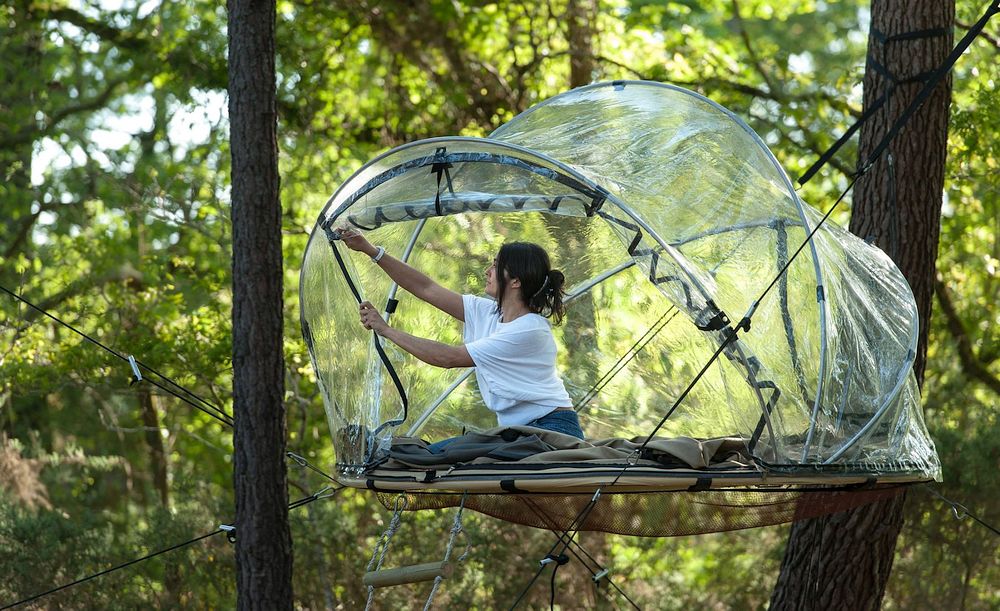
07 Sep Sleeping in a new place?
Do you tend to have a different quality of rest whenever you spend the night somewhere new like staying in a hotel or a friend’s guestroom? A recent finding in the journal Current Biology reported that when you sleep in a new environment, only half of your brain is resting. During the first night of sleeping in a new environment, the left side of the brain is more awake than the right side of the brain. This could be a valid explanation as to why you feel tired after sleeping somewhere different or in a new place for the first time. Sleep researchers had previously coined this phenomenon as “first-night effect” after discovering that the first night of studying people in a sleep lab is usually so uncomfortable that the data collected may not be as consolidated as it would be in the home environment.
The report suggests that this common trait found in nature is seen amongst birds and sea mammals, as they frequently place half of their brain asleep, thereby allowing the other half of the brain to remain on guard. The study found slow-wave brain activity was greater in the right hemisphere of the brain than the left side. What is interesting was that as the study progressed, and after the first night of the study, there were no differences between the slow-wave activities of the two hemispheres of the brain. Apparently this involuntary behaviour stems from our natural instinct to be aware of predators while we sleep. Although for most of us that sleep in a secure environment, it is no longer necessary for the brain to be alert to respond to any kind of threat or danger. For now though, this seems a standard physiological response to a new environment.

